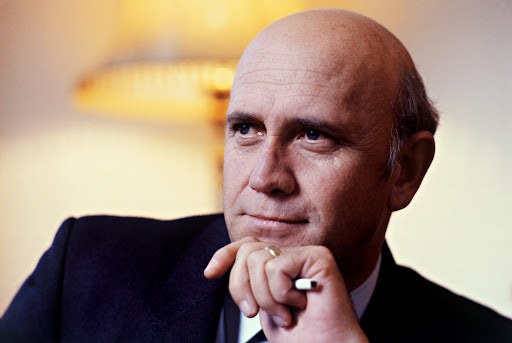The recent comments by US President Donald Trump about South Africa’s treatment of white farmers have ignited a strong response from the FW de Klerk Foundation, with leaders warning that the rhetoric could do serious harm to South Africa’s social fabric and economy.
Christo van der Rheede, executive director of the Foundation, described Trump’s claims as deeply misleading and based on false information. Trump’s remarks, which included an offer of US citizenship to white South African farmers seeking safety, were condemned as politically motivated and damaging. “These attacks are not based in reality,” Van der Rheede asserted, speaking on South African television. “The issues facing South Africa are much broader than race—they affect all of us, regardless of background.”
Trump’s controversial statement, made on social media, claimed that the South African government was seizing property from white farmers, and that the United States would offer expedited citizenship to those wanting to flee the country. These remarks stirred up already heated debates about land reform and race relations in South Africa.
Van der Rheede countered by reminding the public that South Africa’s struggles with crime, unemployment, and economic policy impact people of all races. “It is not just white people who are suffering,” he said. “The issues are systemic and affect everyone in this country.”
Further criticizing Trump’s divisive language, Van der Rheede warned that this rhetoric echoed dangerous trends of ethnic nationalism seen in various parts of the world, from Europe to the United States. He emphasized that these ideologies posed a threat to the inclusive, non-racial society South Africa has worked hard to build since the end of apartheid.
Pointing to the South African Constitution, Van der Rheede reiterated the nation’s commitment to equality and unity. “Our Constitution belongs to all of the people in South Africa. It is clear about creating a non-racial, non-sexist society, and an accountable government,” he said.
The South African government has since rejected Trump’s interference, refusing to engage in “megaphone diplomacy” and asserting its sovereignty in handling domestic issues. In a time of political tension, many have called for solidarity and a return to the principles of justice and unity that the country’s democratic framework champions.
Trump’s words may have sparked controversy, but they have also prompted South Africans to reflect on their values and reaffirm their commitment to building a stronger, more unified future.
